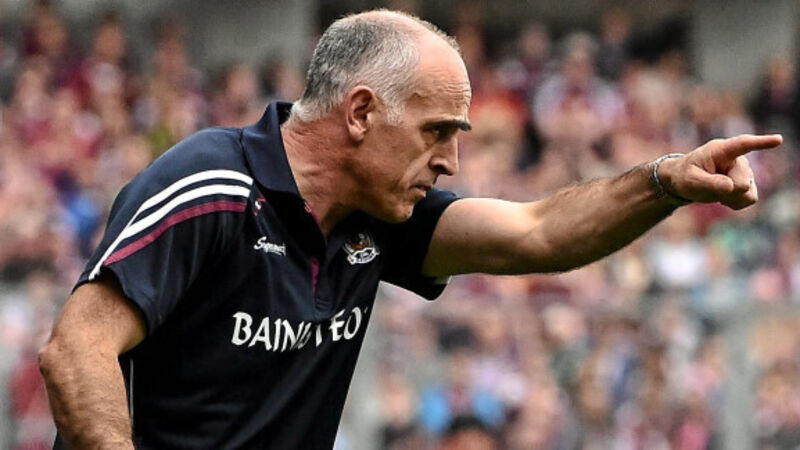Galway hurlers cannot escape the blame game

They’d need to be, because managing - the key word - a group of aggressive, dedicated, strong-minded high achievers from diverse backgrounds, with wild variations in life experience, maturity and background, is a challenging brief which consumes one’s entire life.
Off-field scrapes, on-field mistakes, round-the-clock counselling. It’s all part of the job.









